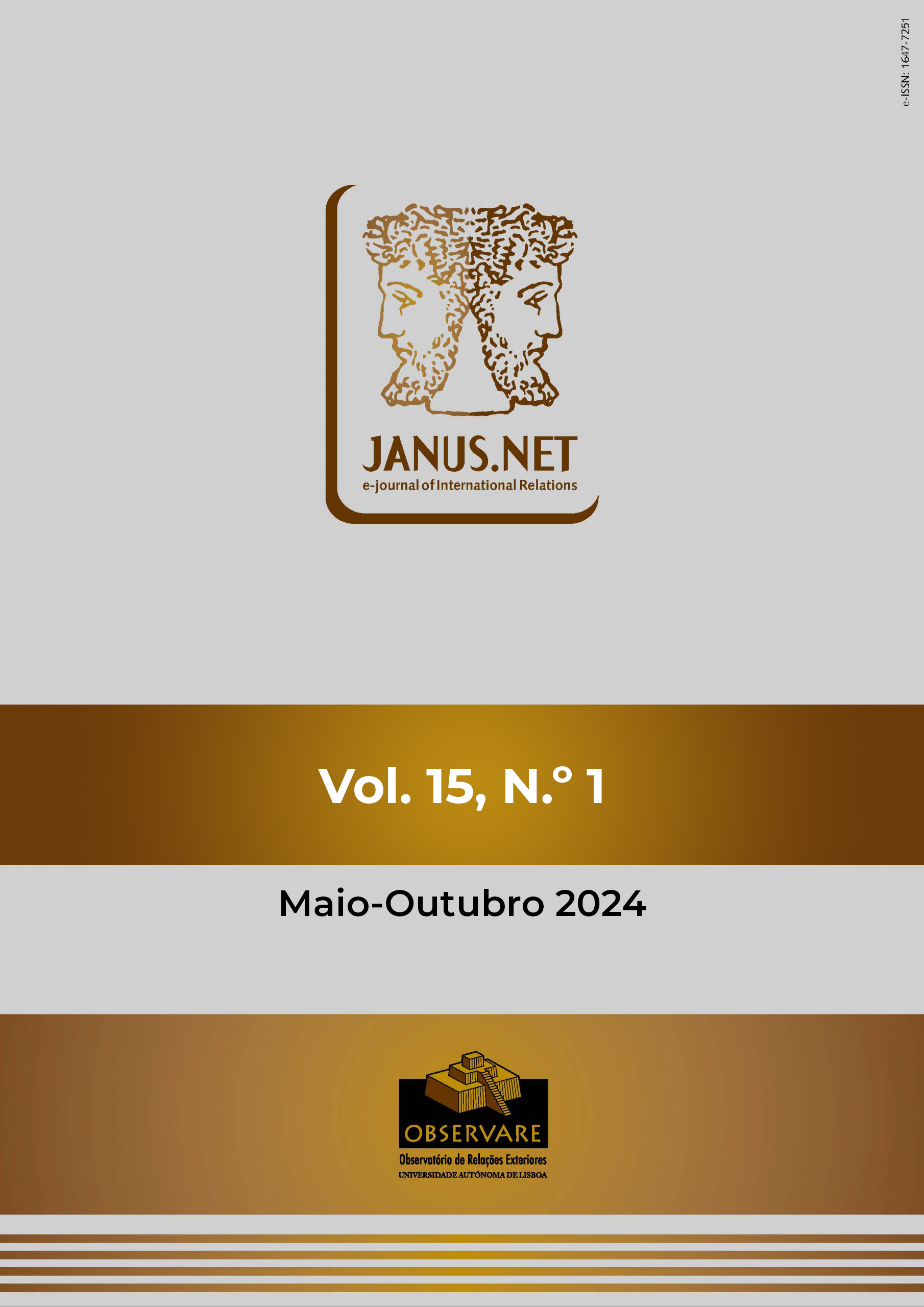“INFORMATION DISORDER” CAMPAIGNS IN NATURAL HAZARDS AND EXTREME EVENTS – A FORM OF FOREIGN INFLUENCE AND A HYBRID THREAT?
DOI:
https://doi.org/10.26619/1647-7251.15.1.18Keywords:
Information disorder campaigns, rumours, online social media platforms, natural hazards, extreme events, disaster communications, hybrid threats, wildfires, COVID-19Abstract
The objective is to prove that the nexus of "information disorder” campaigns, through rumours, conspiracy theories, and natural hazards/extreme events, may allow powerful and frequent foreign influence campaigns against communities in their most vulnerable situation. It can be a form of hybrid threat. In other words, this paper aims to understand how social media platforms can be weaponised through "information disorder" campaigns, particularly during extreme events. It was considered two examples where information disorder had a solid social and political impact, with security consequences – during natural hazards and extreme public health events. “Information disorder” campaigns, during extreme events and disasters, through social media platforms can immediately impact political, geopolitical and security dynamics. It is information whose veracity is indisputable but leads to distorted conclusions and can subvert the current political environment. Information is multiplied at high speed and low cost, allowing the dissemination of false information to cement political and social division and influence different decision-making procedures. This type of operation could be more than a question of strategic communication. It is a threat to democracies that may place communication at the heart of a geopolitical and security strategy. The nexus, “information disorder," campaigns for natural hazards and extreme events favour influence campaigns against communities in their most vulnerable situation.


